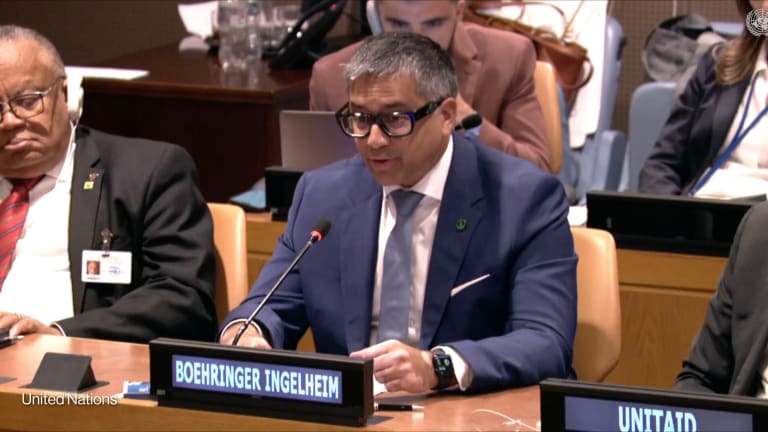While COVID-19 has helped shift attitudes around mental health and highlighted the need for greater investment in this area, it has also created new challenges for teams working to support the well-being of vulnerable populations in humanitarian settings.
Glaucia Pereda, coordinator for HIAS’ mental health and psychosocial support — or MHPSS — program, heads up a team in Venezuela that provides training and designs interventions to prevent further harm to the mental health of the communities it works with.
Pereda, who started out with the organization as a psychologist, talked to Devex about providing mental health support during the pandemic and the skills that help her succeed.
This article is exclusively for Career Account members.
Unlock this article now with a 15-day free trial of a Devex Career Account. With a Career Account subscription you will get:
- Full access to our jobs board, including over 1,000 exclusive jobs
- Your Devex profile highlighted in recruiter search results
- Connections to recruiters and industry experts through online and live Devex events
Search for articles
Most Read
- 1
- 2
- 3
- 4
- 5








